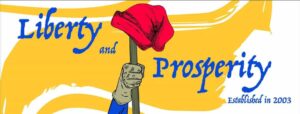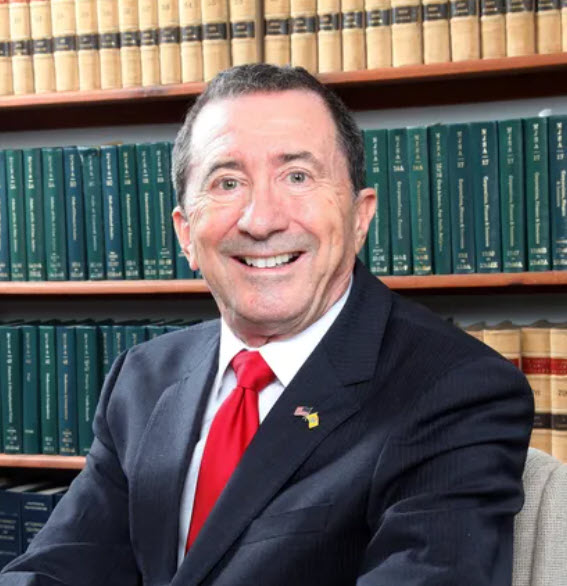By Seth Grossman, Political Columnist
?
?”I vote in every election.? But no matter what party I vote for, we get the same crooked deals and higher taxes.?? What can I do?”
?
Here are some ideas from what happened? 234 years ago– on the night of December 16.
?? Back in 1773, New Jersey’s motto of “Liberty and Prosperity” described the lives of most Americans.?? Britain’s 13 American colonies were the wealthiest places in the world.? Economic growth was 500% between 1700 and 1750-the largest in history.?? Almost all American farms had 60 acres, many had more than 100 acres-huge by European standards.?? The average American man consumed so much meat, cheese, and beer that he was stronger, healthier, and two inches taller than the average Englishman.?? Only 3% to 5% of white men more than 40 years old were poor.?? The rest had enough income and property to live comfortable, middle class lifestyles.?? (Black slaves, of course, were shut out-a fatal flaw that nearly destroyed this country four score and seven (87) years later.)? (Source.? A History of the American People, Paul Johnson, HarperCollins, 1997.)
?? Most Americans in 1773 knew their unique prosperity was caused by their liberty.?? There was almost no government in America.?? Most counties had only four paid officials-a county clerk to record land titles, a surrogate to distribute property on a person’s death, a county judge to settle disputes, and a sheriff to enforce the law.?? Families, churches and other volunteer groups educated almost every child.?? Taxes were almost non-existent.?? Anyone was free to build on his own land and work in
whatever craft, trade, or business he chose-as long as he did not create a nuisance that disturbed the peace or damaged other properties.?? Most men owned guns, but there was very little violence, crime, or war.?? Americans kept and enjoyed almost all they produced.
??? In 1773, British politicians tried to grab some of that wealth.?? They started with? a small sales tax on tea sold to America.???? Then they made a sweetheart deal for? the politically connected British East India Company which sold that tea.
?? For years, leading London politicians taxed and controlled the British economy to increase their wealth and power.?? They made laws that forced all foreign goods sold to America to first be sent to England to be taxed and loaded on English ships.?? This “created jobs” (and payoffs for politicians)? in England, but forced Americans to pay much higher prices.?? When the mismanaged British East India Company caused a famine in India and almost went bankrupt in 1770, the British government moved to bail it out.
??
It gave only that company permission to ship tea directly from India to America, without stopping in England.? The British East India Company could now sell its tea in America for half the old price, even with the new sales tax-and easily crush all competitors.
?? New Jersey politicians today do this stuff all the time.
?
They raise taxes to reward the public employee and construction worker unions who elect them.? They reward those who “pay to play” with special jobs, contracts, UEZ’s, redevelopment zones, tax abatements, government subsidies, special zoning districts, etc.
?? Most people in New Jersey think government is supposed to work like this.?? But in 1773, Americans were outraged by it.
??? American business owners like Sam Adams and John Hancock never wined, dined, or honored? British politicians at Chamber of Commerce functions.?? Instead, they denounced them in newspapers, taverns, and community meetings.?? On December 16, 1773, when the first tea was about to be unloaded and taxed, the business owners of Boston called a meeting and 8,000 people showed up.?? Later that night, 200 dockworkers dressed up like Indians, boarded the three ships, and threw 45 tons of tea into Boston Harbor.
?? One year later, on December 22, 1774,? about 40 business and professional men in Cumberland County, here in New Jersey, did the same thing.?? On December 22, 1774, they destroyed several tons of British tea that had been brought up Cohansey Creek and stored in Greenwich.?? They were arrested and put on trial.?? But local jurors ignored the judge and returned a verdict which found that fighting the corrupt British government in this way was not a crime.
?? For more information, visit www.libertyandprosperity.org or contact Somers Point attorney Seth Grossman at grossman@snip.net or 609-927-7333.

